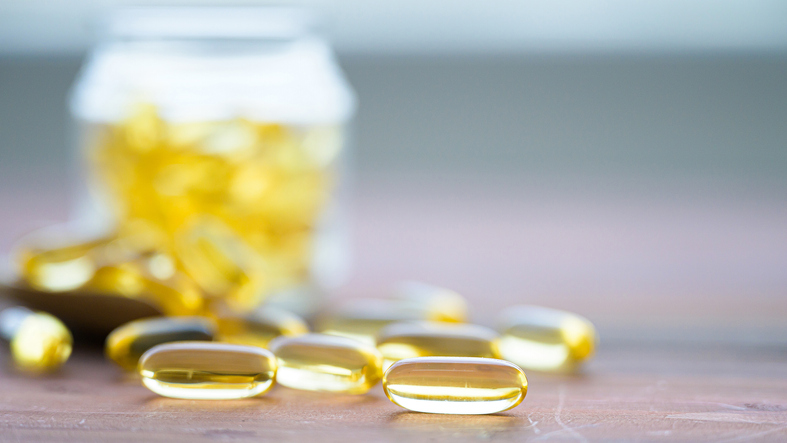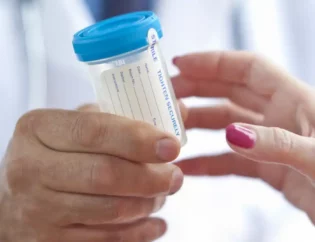
Source Article: https://ndasa.com/buyer-beware-cbd-thc-and-drug-testing/
Is CBD medicine or isn’t it? Is it safe? Can it impact a drug test result? Cannabis has been the focus of considerable debate, advocacy, and policy, generating both interest and misinformation.
There is a great deal of uncertainty about cannabis and cannabinoid terminology, CBD product content, impact on impairment, local regulations and the law.
Here we provide an overview of the most current information and urge caution when considering the use of CBD products.
What is CBD?
According to the U.S. Food & Drug Administration (FDA), CBD is a single compound of the Cannabis plant. Cannabis contains more than eighty biologically active chemical compounds including cannabidiol (CBD) and delta-9-tetrahydrocannabinol (THC). THC is the component that produces the “high” associated with marijuana use. Marijuana is a type of cannabis plant or plant material that contains many naturally occurring compounds, including CBD and THC.
CBD
- There is currently NO oversight by the FDA of the CBD Industry.
- According to the FDA, over-the-Counter CBD products claim to contain CBD from hemp. Some do. Some do not.
- Many CBD products that claim to contain CBD are fraudulent, containing no CBD at all.
- Over 600 CBD products tested in Colorado were found to be THC rich with little or no CBD, an NBC News investigation found.
THC
- According to the National Institute on Drug Abuse (NIDA), THC (the psychoactive component in cannabis) is cumulative, meaning it builds-up in the body over long periods of use.
- Even the smallest amounts of THC can accumulate in the system with repeated use.
- The publication Science Daily found that at this time, use of CBD products may yield a positive drug test result due to the THC content.
- An individual using CBD may test negative for THC for a few weeks and then test positive once the THC accumulates.
Impairment
- THC resides in the body’s fat cells, which include the brain, according to NIDA.
- At this time there is no scientific measurement of impairment, however one can be considered under-the-influence of an impairing substance if the THC accumulates in measurable amounts.
Click here to read more of this article from NDASA.



